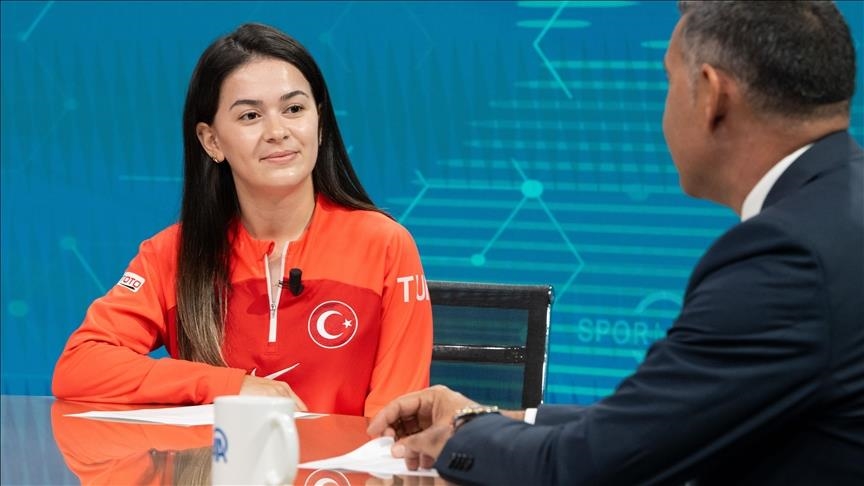How to watch Turkey’s first astronaut launch to space on January 18
Turkey’s first astronaut is set to embark on a journey to the International Space Station on January 18.
Alper Gezeravci, a 44-year-old fighter pilot with the Turkish Air Force, and three other crew members will lift-off as part of a private mission called Axiom 3.
A SpaceX Falcon 9 rocket will carry the crew to space from the Kennedy Space Centre in Florida, with a Dragon capsule delivering them to the orbiting laboratory about 36 hours after the launch.
The full mission will last about two weeks.
Turkey signed a deal with Axiom Space, a Houston-based company that arranges space trips, in 2022. Ankara intended to have a Turkish national in orbit to coincide with the country’s centenary celebrations.
The company also helped arrange space missions for the UAE and Saudi Arabia, including Emirati astronaut Sultan Al Neyadi’s six-month stay aboard the ISS.
How can I watch?
Nasa and Axiom Space will live stream the AX-3 launch on their website on January 18 at 2.11am GST (January 17, 5.11pm EST).
The broadcast, which starts two hours before lift-off, will end once the crew reaches orbit – which will be about 15 minutes after launch.
It will resume for docking coverage on January 19 at 12.30pm GST (3.30am EST).
The crew will enter the space station about two hours later.
Who is Turkey’s first astronaut?
Mr Gezeravci, who will serve as a mission specialist on AX-3, has a master’s degree from the Air Force Institute of Technology at Wright-Patterson Air Force Base in Ohio.
He has 15 years of flying experience on several different aircraft, including the F-16 fighter.
Apart from his military career, he also served as a captain with Turkish Airlines for seven years.
Mr Gezeravci said he has always been fascinated with flying and dreamt of one day travelling to space.
“It is going to be an amazing feeling being able to fly in space without any wings,” he said.
“In the middle of the night, I saw the news of our president announcing the news of launching the first Turkish [person] to space.
“That is important. It’s like opening a curtain that had been blocking the dream of our children.”
And Mr Gezeravci on Sunday revealed details of a launch rehearsal.
“This rehearsal – it includes all phases, from the moment we wake up on launch day in the quarantine facility, to the moment the countdown reaches zero, except loading fuel into the rocket,” he wrote on X, formerly Twitter.
What will they do in space?
Mr Gezeravci and his crew will be conducting more than 30 science experiments on the ISS, assigned to them by researchers.
One of them includes the Cosmic Brain Organoids project, which investigates the effects of microgravity on neural stem cells.
It aims to identify novel cellular pathways, so doctors can develop new therapeutic interventions for neurodegenerative diseases.
The project will generate brain organoids, or small 3D aggregates of neural cells, using induced pluripotent stem cells derived from patients with Parkinson’s Disease and primary progressive multiple sclerosis.
These organoids can be used to explore how the human nervous system develops or starts to degenerate.
Updated: January 15, 2024, 10:32 AM

:quality(70)/cloudfront-eu-central-1.images.arcpublishing.com/thenational/R7AUOPNJURCYVDPAJT4PBWK2CQ.png)

/cloudfront-us-east-2.images.arcpublishing.com/reuters/2B7SI7OYRNNN3DXQMOQJKVVOZE.jpg)
